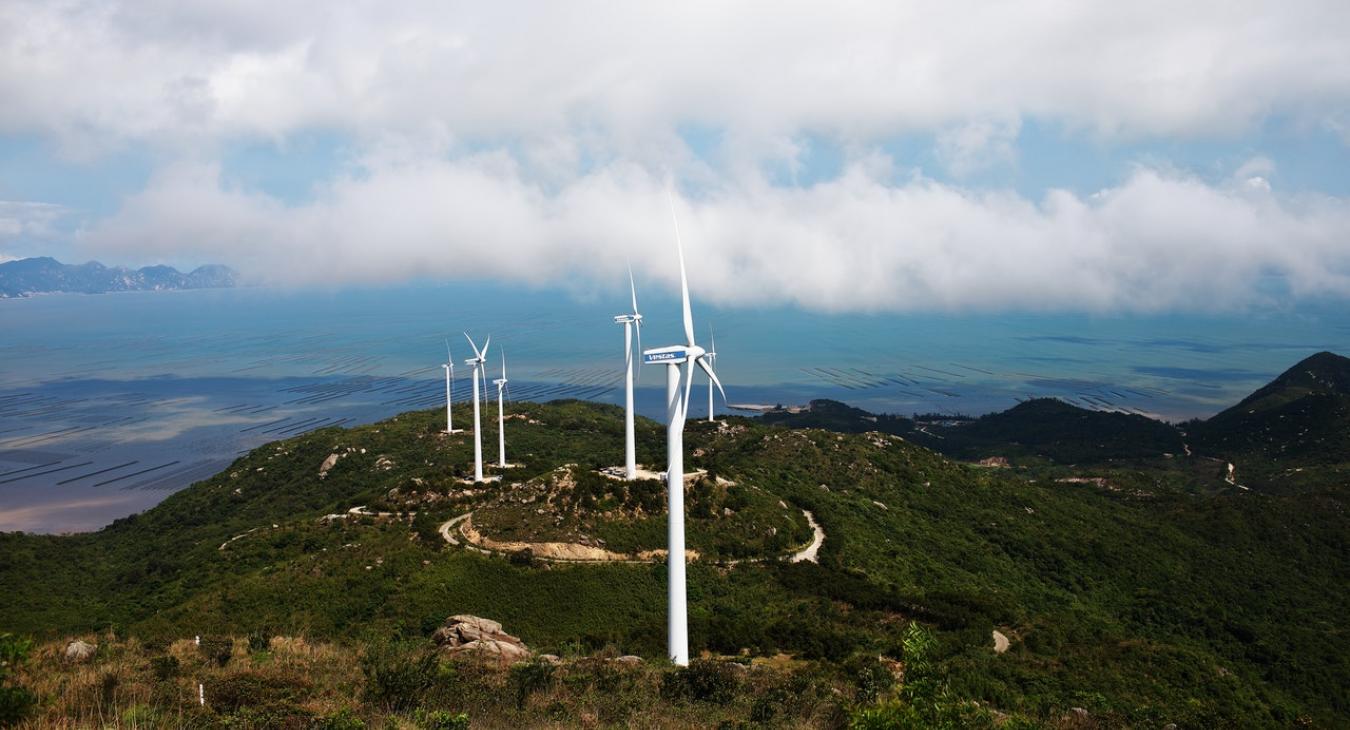The Irish Congress of Trade Unions said today (March 23) that following cabinet approval of the draft Climate Action Bill, the government must now move with urgency to enact the measures needed to deliver a genuine Just Transition for the tens of thousands of workers across the economy affected by the low carbon transition process.
Speaking on the publication of the bill, Congress General Secretary Patricia King said that Ireland had already committed to the implementation of a Just Transition by signing up to the 2015 Paris Agreement and the 2018 Silesia Declaration.
'the need for a Just Transition is accepted and agreed at the level of the United Nations, the International Labour Organisation and the European Union.
"At a national level, we now need to create the framework and mechanisms required to make that a reality. Workers across the economy grasp the need to change and transform how we live and work, but we need a clear roadmap on how we can move from one to the other, in a fair and equitable manner.
"We can learn from the good example of countries like Scotland where a Just Transition Commission has been central to driving the transition process and Congress believes a similar representative body must be established here," Ms King said.
"A key requirement is for a national Just Transition Plan based on social dialogue with all key stakeholders, which sets out how we can protect jobs and livelihoods, create new employment opportunities and ensure maximum community benefit from the low carbon transition."
'this would work to identify the sectors and enterprises most at risk and target these as a priority, working proactively to improve skills and create jobs and opportunities in advance of possible closures and losses, rather than after the fact."
"In addition, given the emission targets set out in the Climate Action Bill we must also seek to develop a new, overarching policy for the energy sector that sets out specific roles for publicly owned utilities and which would maximise the opportunities in renewable energy generation for workers and communities across the country" Ms. King concluded.

